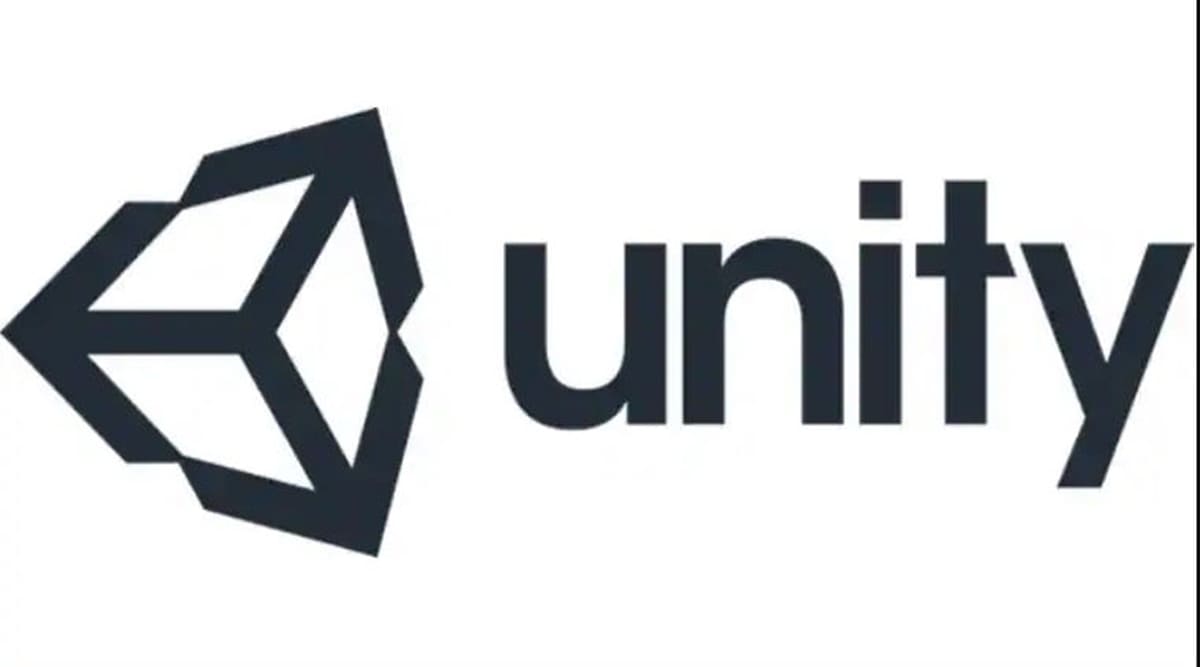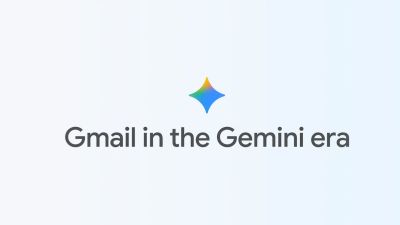Unity apologises for ‘runtime fee,’ promises changes
Unity's new Runtime Fee policy will charge game developers $0.20 per installation at the top level. Gaming studios say this will significantly affect their profit margins.
 Unity is used by thousands of gaming studios across the world. (Image Source: Unity)
Unity is used by thousands of gaming studios across the world. (Image Source: Unity) Unity is one of the most popular platforms for both big and indie game studios to develop 2D and 3D games. However, the company recently received a huge backlash from developers after it announced that it would charge developers for every installation.
Soon after the announcement, game developers from around the world, including makers of Among Us, Slay the Spire, Rust 2 and Cult of the Lamb protested against the new pricing model, saying it would hurt their already thin profit margins.
We have heard you. We apologize for the confusion and angst the runtime fee policy we announced on Tuesday caused. We are listening, talking to our team members, community, customers, and partners, and will be making changes to the policy. We will share an update in a couple of…
— Unity (@unity) September 17, 2023
In a post on X (formerly Twitter), Unity has now apologised for the new ‘Runtime Fee’ and said they are talking to their customers, members and partners to make changes to the policy. However, the post did not share any details if the policy would be scrapped altogether or if Unity would charge less per installation.
Why are so many gaming studios protesting against Unity’s ‘Runtime Fee’ policy?
Unity’s Runtime Fee policy states that gaming studios will be charged $0.20 per installation for games with more than 2,00,000 installs at the top level. While this might not sound like a significant amount, many indie game developers and small studios use Unity’s easy-to-use game engine to develop their games and make money. Some developers say the new policy will severely hurt their already thin profit margins and incur a significant fee they may not be able to bear.
When the company introduced the controversial ‘Runtime Fee’ policy, the gaming studios asked Unity how they would pin down the exact number of installations and if they would be charged multiple times if someone installed, uninstalled and reinstalled a particular game since Unity also did not make it clear how it would differentiate a valid download from an invalid one. The company also said that installing a game on multiple devices will also be subject to fees.
Another issue is that if a game is downloaded more times than it has been purchased, the developer will be forced to pay based on the number of downloads, affecting their overall revenue.
 Among Us is a popular game developed using the Unity game engine. (Image Source: Inner Sloth)
Among Us is a popular game developed using the Unity game engine. (Image Source: Inner Sloth)
Unity tried to play down the situation by saying that it would only count ‘net new installs’ and that only 10 per cent of customers would be affected by the change, but the protest continues in full swing.
According to a recent report by The Verge, 19 companies have put out an open letter asking Unity to reverse its updated pricing model while turning off all IronSource and Unity Ads monetisation across all their projects until these changes are reconsidered. These companies, which have thousands of games with billions of downloads, have now effectively stopped Unity from making more money from their games.
While some developers say they will never use Unity again if the new runtime fee policy goes live, others say they will port their existing projects to a new game engine. Rust 2 developer FacePunch Studios says money is not an issue for them, but Unity changing rules without consulting or informing them is the problem.
Earlier this year, Unity introduced a new terms of service agreement removing a clause that allowed developers to stick to an older TOS while introducing a brand-new clause that suggested the company will soon introduce runtime fees.







